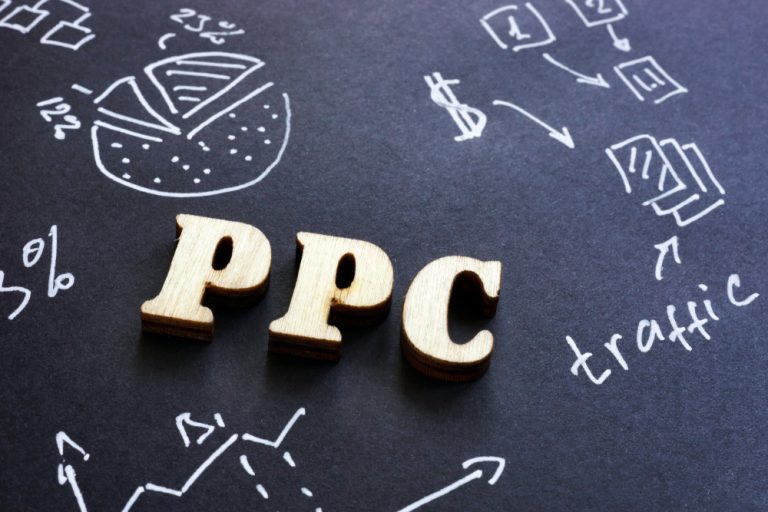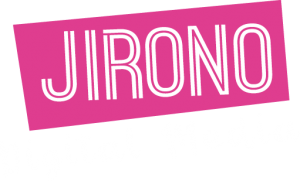Paid promotion on Google – beware of mistakes
We all understand that search engines are the means that drive traffic to our websites. Sorry for the expression, but in many cases, search engines hold us hostage in… you know where… Every consumer decision today begins with a search on Google—whether the user chooses a destination for a Passover vacation or wants to send flowers to a friend, they search for the service on Google. The placement of your business in search results significantly influences visits to your site and your business performance. Therefore, it’s clear that you want to appear prominently in search results.
A new business with a new website may struggle to reach the top positions in the search engine. And when a business doesn’t appear prominently, users don’t click on the link. We won’t discuss all the strategies to reach the top positions right now; that’s a topic on its own. But you surely understand the importance of being in the first place in search results. In practice, there is tough competition, and you need to invest many resources to reach the top positions. And not just resources but also patience; it might take several months before you see results.
So what do you do in the meantime? As a business, you can’t wait for months; you need traffic from users right now. In such cases, it’s common to use paid promotion, meaning advertising that allows you to reach the top of search results without depending on the site’s ranking. And sometimes, there’s no reason at all to invest in organic promotion. If your goal is to promote a website for selling tickets to a rock festival taking place next month, there’s no reason to invest in organic promotion, and you’ll definitely prefer to invest all your efforts in paid promotion.
But is paid promotion that simple? Do you pay for ads and immediately get user traffic? The truth is that, in practice, it’s a bit more complex. The results are indeed immediate, but there are various mistakes you might make in the process that can cause your investment to go down the drain. If you want to do it right, it’s always advisable to seek the help of digital marketing experts who know how to build the campaign correctly and maximize your advertising budget.

Common Mistakes in Google Ads Campaigns
Here are some mistakes that beginners often make and that you might make inadvertently. We do not recommend self-managing a digital campaign unless you are familiar with the subject and work in the field. But if you still think of managing your paid promotion, it’s advisable to read this so you can avoid mistakes.
Ad or Campaign – One problem for inexperienced individuals is thinking of Google Ads as an ad rather than a campaign. If you believe that the user will see the ad and immediately click on the link, in reality, it doesn’t work that way. The user does make decisions in a split second, but processes information in the subconscious and makes decisions accordingly. Therefore, it’s crucial to understand that it’s a campaign that requires planning and thought—knowing the audience, its marketing language, and how to attract the user.
One General Campaign – Inexperienced individuals often do not realize the need for a specific campaign for each service or product. If your business deals with tourism and offers ski packages in Austria alongside pleasure cruises in the Caribbean, you need different campaigns, sometimes even more than two. One general campaign won’t target the goal accurately, and its results will be weak. Working with multiple focused campaigns yields better results, despite the greater complexity. That’s why we initially argue that it’s a job for experts in the field.
Where the Ad Leads the User – Paid promotion needs to direct the user to a specific place to promote them towards achieving your goal. If the user is looking for information about a vacation in Eilat, and you have a tourism website, you need to bring them to the right page where they can book a vacation in Eilat. If the ad leads them to the homepage, you may lose the user. In this regard, landing pages are important; often, we use ads to bring the customer to a goal-focused landing page. If your company wants to promote a specific product or service, there’s no need to confuse the customer with all the company’s services; just bring them to a landing page focused on the goal. Understanding this interaction between the ad and the destination after the click is crucial; you wouldn’t want to lose the user after they click.
Inappropriate Keywords – Keyword research is crucial when running a Google Ads campaign. Keywords are essentially triggers for the appearance of the ad, so we must choose the appropriate keywords we want to focus on. For this, understanding user behavior and how they search for information is essential. Conducting research helps us choose keywords that can bring results. Ultimately, you don’t want your ad to randomly pop up for every user searching something on Google. You want the ad to appear for users genuinely searching for something relevant to the services you offer.
In conclusion, it’s important to remember that there’s also room for trial and error. Campaign managers always measure results and optimize. However, on the other hand, one should avoid changing a campaign every day or every two days; sometimes, it takes some time to analyze the results.




